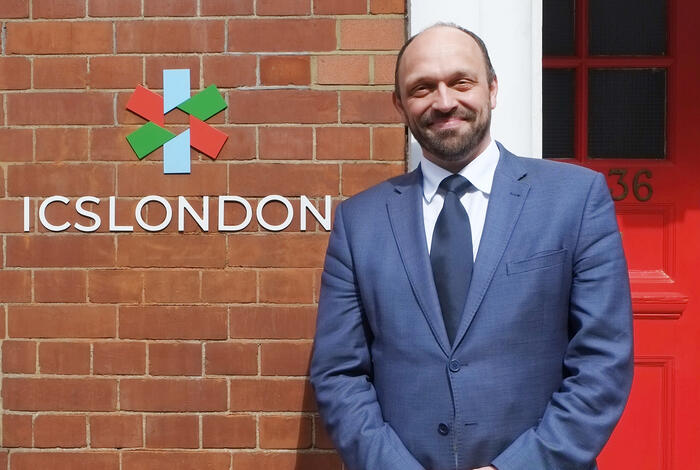ICS London Head of School David Laird shares the importance of understanding third-culture kids.
 In an increasingly globalised world, where jobs can take families to far-flung lands, parents often want to ensure their children maintain a sense of stability, community and a rooted identity. The fear for expat families is this may not be possible when moving to foreign shores.
In an increasingly globalised world, where jobs can take families to far-flung lands, parents often want to ensure their children maintain a sense of stability, community and a rooted identity. The fear for expat families is this may not be possible when moving to foreign shores.
Third-culture kids (TCKs) was a term first used by US sociologist Ruth Hill Useem in the 1950s for children who spend their formative years in places that are not their parents’ homeland. Globalisation and a transient job market have made TCKs more common. It is widely recognised that TCKs develop their identity based on people rather than locality.
Having worked as an international school head teacher in China and Portugal and now at the International Community School in London, I’ve often had parents share TCK-related concerns with me during school admissions tours or when their children arrive for their first day at school.
An important message I convey to parents is to focus on the substantial advantages that being part of an international school community brings to young people. Part of the role of schooling is to prepare children for a future world that does not yet exist. I would argue that international schooling is best placed to meet this need.
We live in a global, technological and fast-changing society. As well as providing academic rigour, schools must provide an environment for learning where students can build resilience and foster an ability to constantly adapt. Furthermore, access to collaboration within a multicultural community can only further nurture tolerance, respect and a young person’s ability to find their place in a future global community.
However, we often yearn for those past school experiences of our own and seek to bestow them upon our children. It’s a mistake often made by politicians and elders alike. As parents, grandparents and guardians, we must ask ourselves the question: Take yourself back to your scholarly days – did your school prepare you for the world we live in now?



